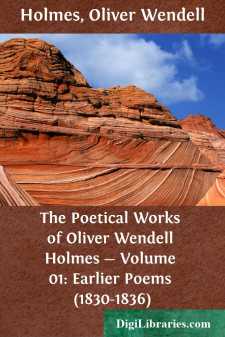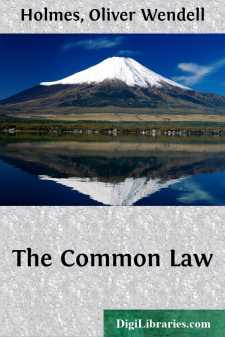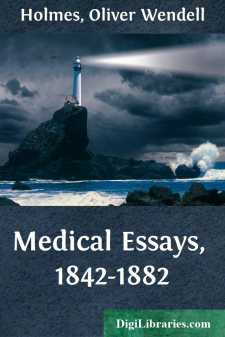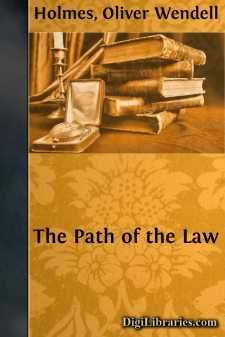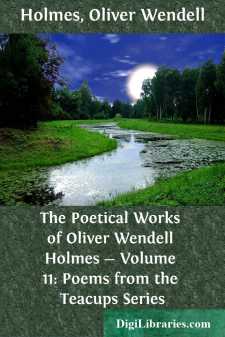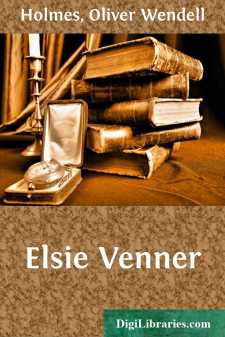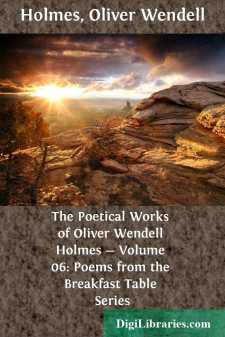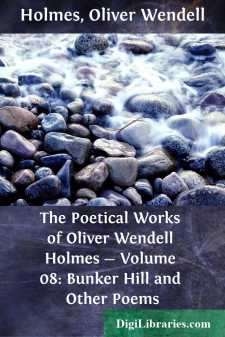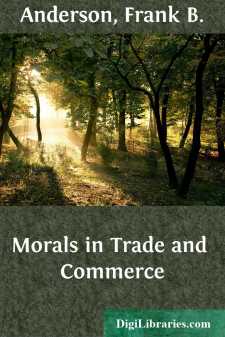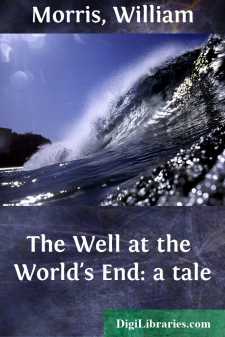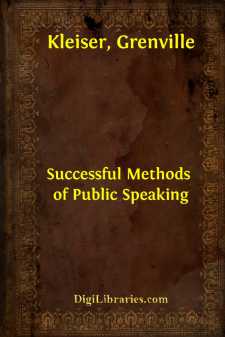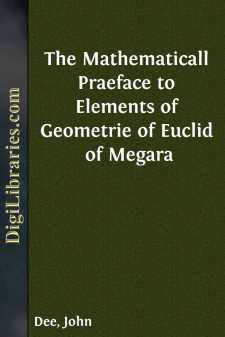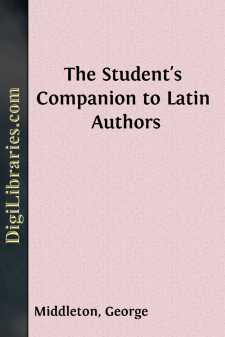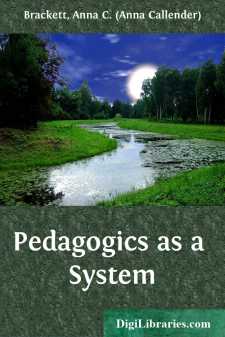Categories
- Antiques & Collectibles 13
- Architecture 36
- Art 48
- Bibles 22
- Biography & Autobiography 813
- Body, Mind & Spirit 142
- Business & Economics 28
- Children's Books 17
- Children's Fiction 14
- Computers 4
- Cooking 94
- Crafts & Hobbies 4
- Drama 346
- Education 46
- Family & Relationships 57
- Fiction 11829
- Games 19
- Gardening 17
- Health & Fitness 34
- History 1377
- House & Home 1
- Humor 147
- Juvenile Fiction 1873
- Juvenile Nonfiction 202
- Language Arts & Disciplines 88
- Law 16
- Literary Collections 686
- Literary Criticism 179
- Mathematics 13
- Medical 41
- Music 40
- Nature 179
- Non-Classifiable 1768
- Performing Arts 7
- Periodicals 1453
- Philosophy 64
- Photography 2
- Poetry 896
- Political Science 203
- Psychology 42
- Reference 154
- Religion 513
- Science 126
- Self-Help 84
- Social Science 81
- Sports & Recreation 34
- Study Aids 3
- Technology & Engineering 59
- Transportation 23
- Travel 463
- True Crime 29
The Poetical Works of Oliver Wendell Holmes - Volume 01: Earlier Poems (1830-1836)
Description:
Excerpt
TO MY READERS
NAY, blame me not; I might have spared
Your patience many a trivial verse,
Yet these my earlier welcome shared,
So, let the better shield the worse.
And some might say, "Those ruder songs
Had freshness which the new have lost;
To spring the opening leaf belongs,
The chestnut-burs await the frost."
When those I wrote, my locks were brown,
When these I write—ah, well a-day!
The autumn thistle's silvery down
Is not the purple bloom of May.
Go, little book, whose pages hold
Those garnered years in loving trust;
How long before your blue and gold
Shall fade and whiten in the dust?
O sexton of the alcoved tomb,
Where souls in leathern cerements lie,
Tell me each living poet's doom!
How long before his book shall die?
It matters little, soon or late,
A day, a month, a year, an age,—
I read oblivion in its date,
And Finis on its title-page.
Before we sighed, our griefs were told;
Before we smiled, our joys were sung;
And all our passions shaped of old
In accents lost to mortal tongue.
In vain a fresher mould we seek,—
Can all the varied phrases tell
That Babel's wandering children speak
How thrushes sing or lilacs smell?
Caged in the poet's lonely heart,
Love wastes unheard its tenderest tone;
The soul that sings must dwell apart,
Its inward melodies unknown.
Deal gently with us, ye who read
Our largest hope is unfulfilled,—
The promise still outruns the deed,—
The tower, but not the spire, we build.
Our whitest pearl we never find;
Our ripest fruit we never reach;
The flowering moments of the mind
Drop half their petals in our speech.
These are my blossoms; if they wear
One streak of morn or evening's glow,
Accept them; but to me more fair
The buds of song that never blow.
April 8, 1862.
EARLIER POEMS
1830-1836 OLD IRONSIDES
This was the popular name by which the frigate Constitution was known. The poem was first printed in the Boston Daily Advertiser, at the time when it was proposed to break up the old ship as unfit for service. I subjoin the paragraph which led to the writing of the poem. It is from the Advertiser of Tuesday, September 14, 1830:—
"Old Ironsides.—It has been affirmed upon good authority that the Secretary of the Navy has recommended to the Board of Navy Commissioners to dispose of the frigate Constitution. Since it has been understood that such a step was in contemplation we have heard but one opinion expressed, and that in decided disapprobation of the measure. Such a national object of interest, so endeared to our national pride as Old Ironsides is, should never by any act of our government cease to belong to the Navy, so long as our country is to be found upon the map of nations. In England it was lately determined by the Admiralty to cut the Victory, a one-hundred gun ship (which it will be recollected bore the flag of Lord Nelson at the battle of Trafalgar,) down to a seventy-four, but so loud were the lamentations of the people upon the proposed measure that the intention was abandoned. We confidently anticipate that the Secretary of the Navy will in like manner consult the general wish in regard to the Constitution, and either let her remain in ordinary or rebuild her whenever the public service may require."—New York Journal of Commerce....


